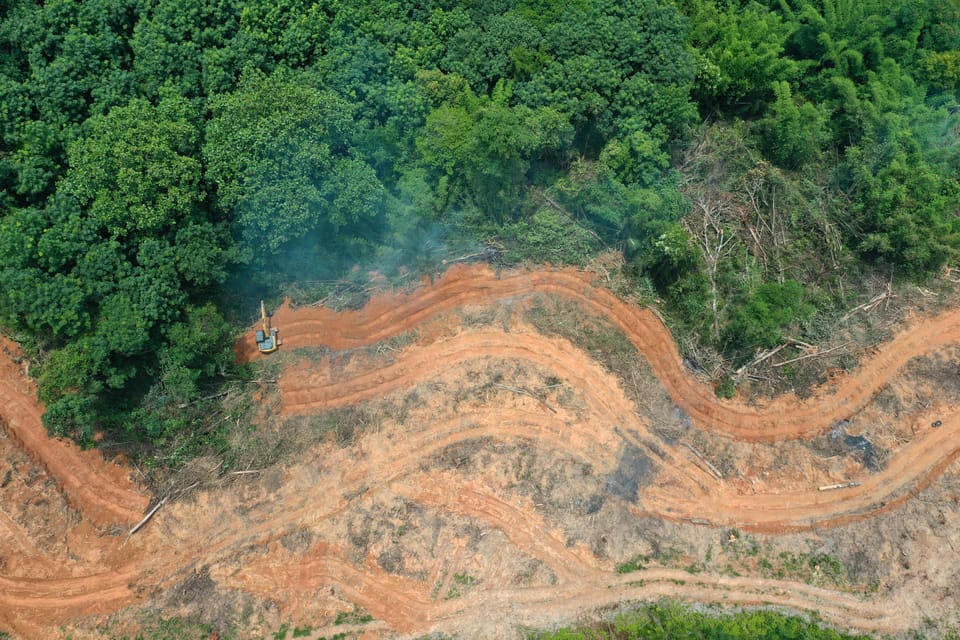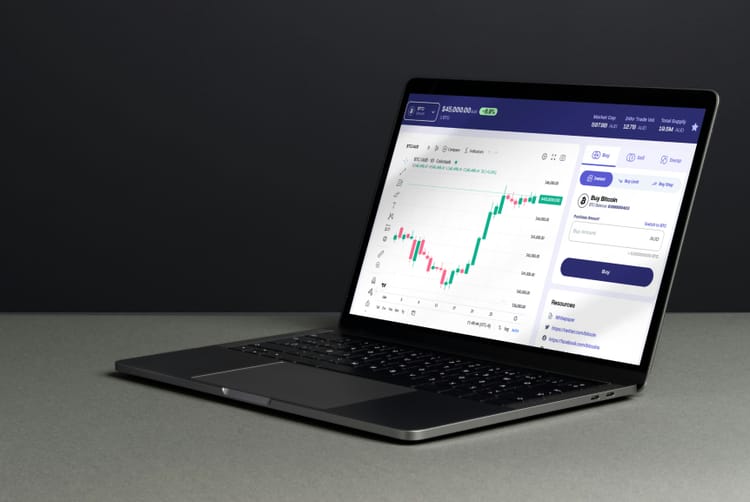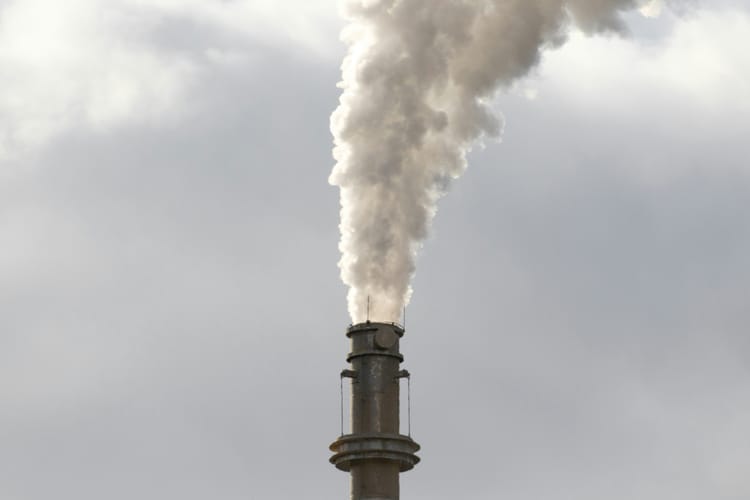Deforestation-free supply chains are achievable – but still too rare, says CDP

New CDP data shows that 64 companies have managed to eliminate deforestation from at least one supply chain – but transparency around forest and land impacts remains too low overall.
CDP and the Accountability Framework initiative (AFi) looked at hundreds of company disclosures made last year through CDP to gauge the level of transparency around deforestation and land conversion. In total, 881 companies reported their impacts on at least one commodity supply chain, but just about half of them (445) disclosed their progress towards deforestation-free supply chains.
Among these 445 companies, 69% had a deforestation- or conversion-free commitment, 82% engaged their suppliers and 50% participated in landscape and jurisdictional initiatives.
However, just 186 companies backed their claims with clear information.

“Companies must eliminate deforestation and conversion from their supply chains to meet near-term climate and nature targets, as well as to comply with emerging laws like the EU Deforestation Regulation,” said Leah Samberg, Lead Scientist, AFi. “These new data demonstrate that companies need to invest in effective monitoring and control systems to address deforestation and conversion associated with their operations and suppliers, however few are doing so.”
Timber and palm oil products lead deforestation progress
The good news is that it is indeed possible for companies to achieve deforestation-free supply chains: 64 of them made high-quality disclosures that confirmed this achievement.
These reported a total of 66 agricultural and forestry supply chains as “free from deforestation or conversion of other ecosystems”: 31 for timber products, 15 for palm oil, 9 for soy, 6 for cattle products, 3 for cocoa, 1 for coffee, and 1 for rubber.

“We recognise that many companies were transparent about the extent to which their supply chains are free from deforestation and conversion," said Tomasz Sawicki, Head of Land, CDP. “But the latest analysis tells us that the majority of companies remain far from achieving deforestation- and conversion-free supply chains by 2025, which is the immediate target.”
Over-reliance on certifications
According to the report, too many companies relied on certification programmes and risk assessments that cannot guarantee commodities are deforestation-free, instead of monitoring and engaging suppliers themselves.
(Zara and H&M’s recent experience with cotton bearing the Better Cotton seal, which was later linked to deforestation in Brazil, is a glaring example of that.)
Making public pledges that are backed by policies, commitments and supplier engagement can help “accelerate the transition to responsible production,” added Samberg.
Recommended actions for deforestation-free supply chains
CDP and AFi recommend six actions for companies that produce or source agricultural or forestry commodities: respond “comprehensively and accurately” through CDP and other disclosure frameworks; communicate company goals around deforestation publicly and to suppliers; understand the limitations of certification programmes; consider impacts on all natural ecosystems (not just forests) and monitor compliance at production unit and sourcing area levels; adopt an informed approach to selecting risk-based assessment systems; and understand and disclose on “highly transformed commodities in supply chains”, such as soy embedded as feed in animal products.
The report is available to download here.







Member discussion